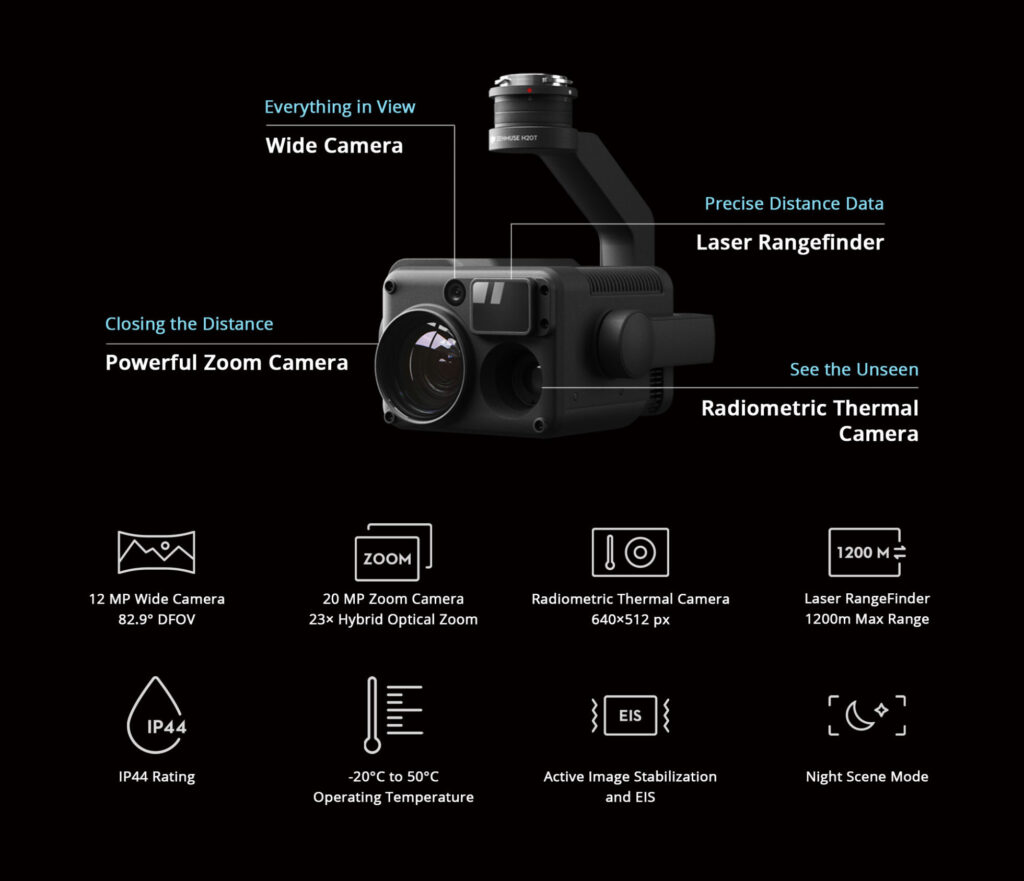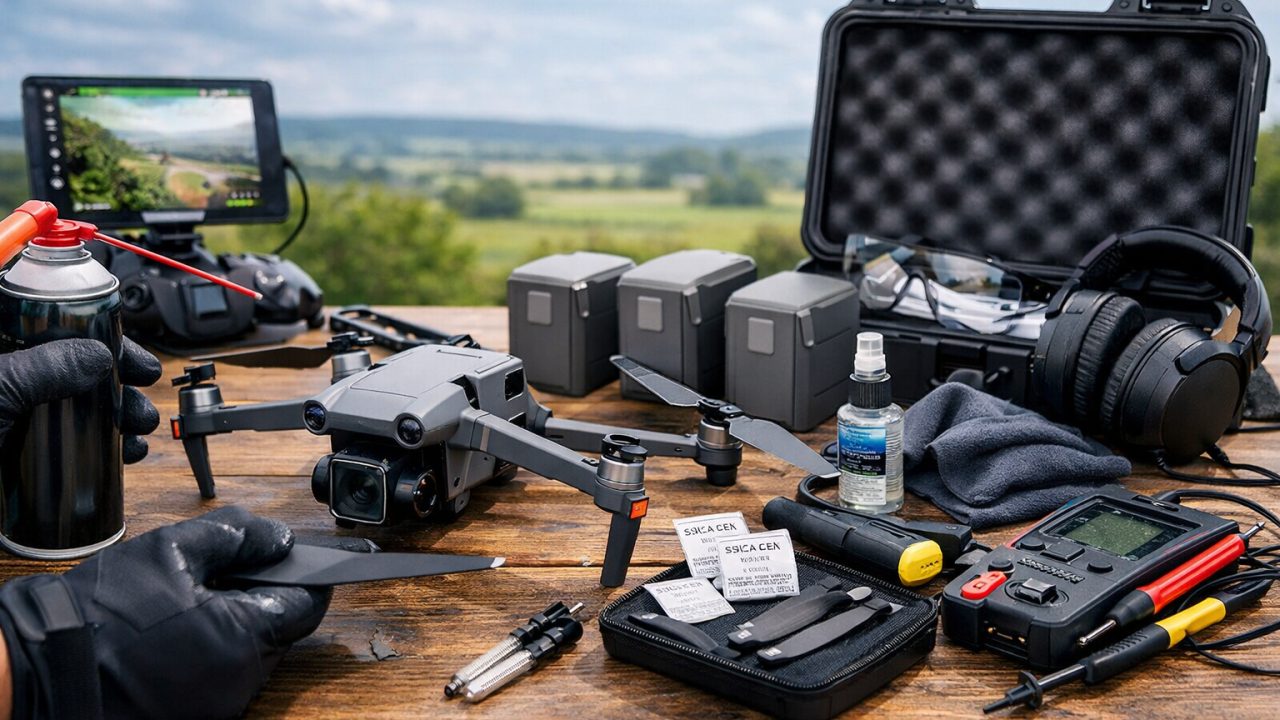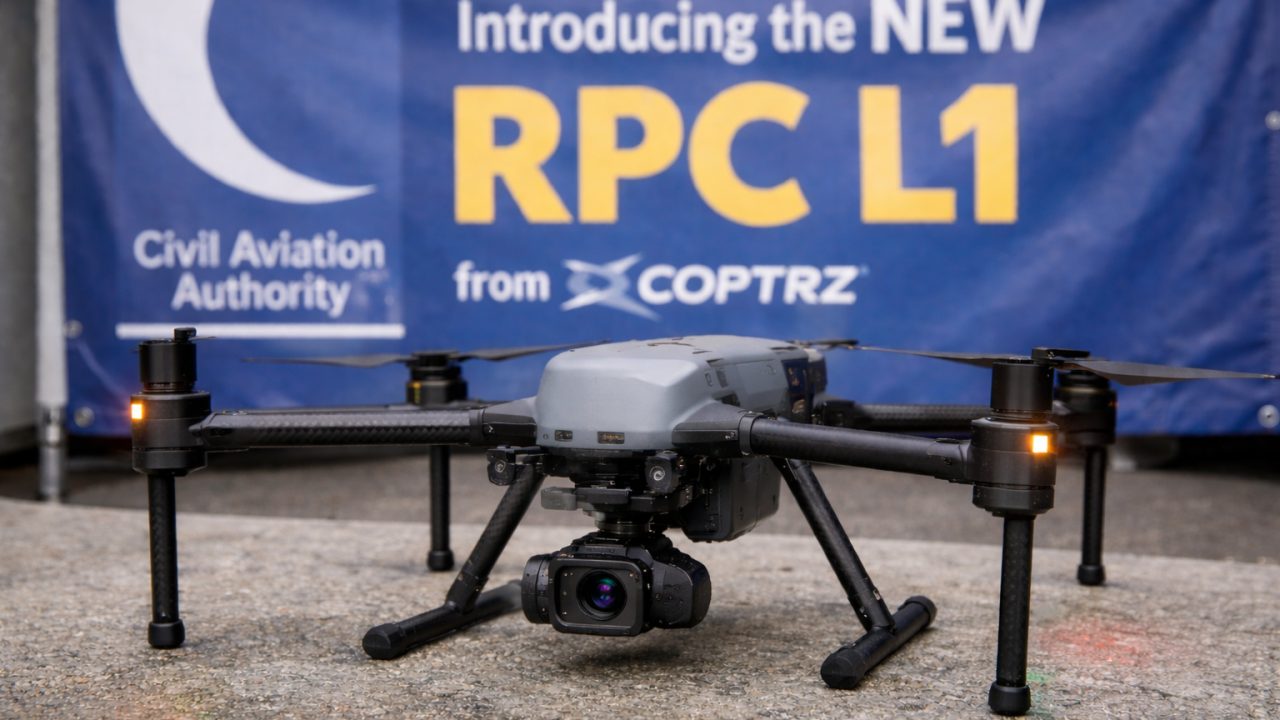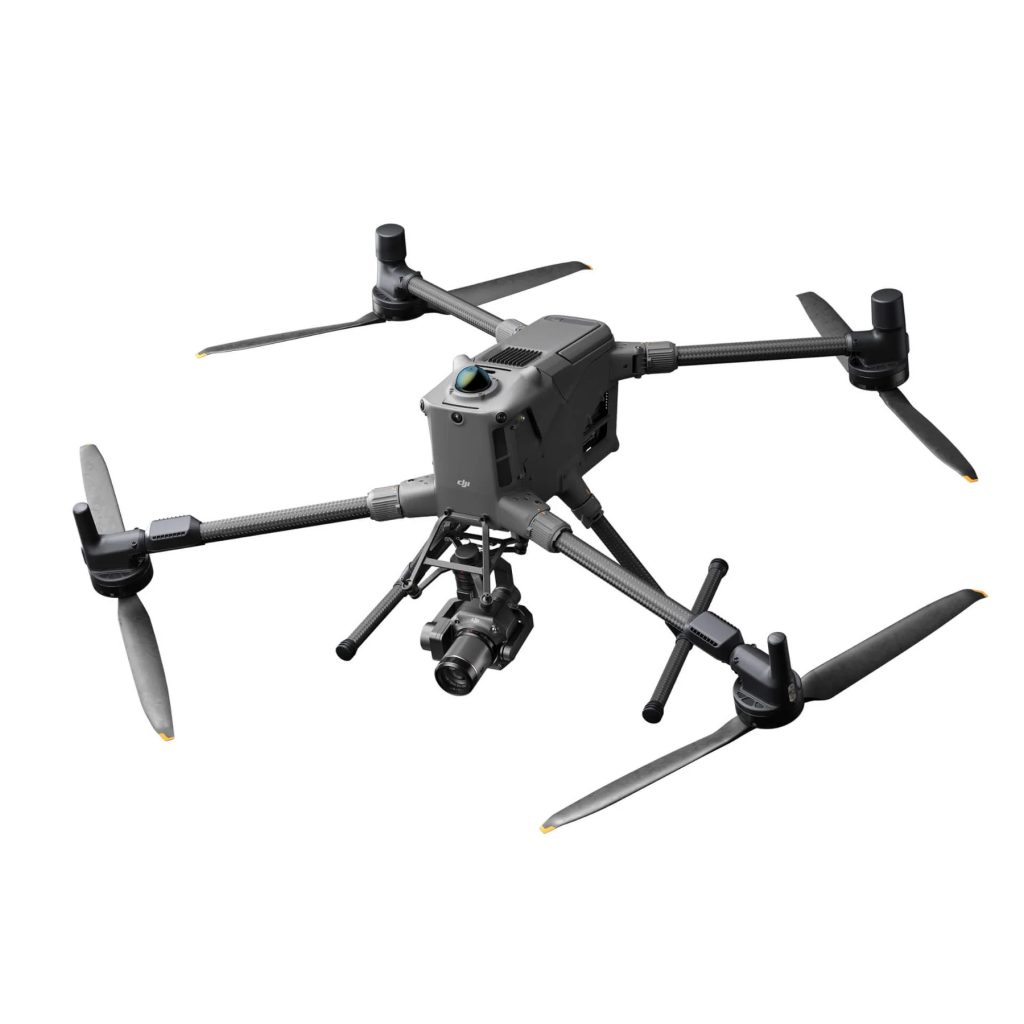
Drones are revolutionising agriculture, transforming traditional practices into data-driven, precision-oriented operations. Beyond mere automation, they are becoming indispensable tools for enhancing productivity, sustainability, and profitability in farming.
1. Precision Spraying: Enhancing Efficiency and Safety
Modern agricultural drones equipped with advanced spraying systems enable targeted application of fertilisers and pesticides. This precision reduces chemical usage, minimises environmental impact, and ensures uniform crop treatment. In the UK, the Civil Aviation Authority’s approval of drone spraying operations marks a significant step towards integrating this technology into mainstream farming practices.
2. Livestock Monitoring: Real-Time Insights
Drones offer farmers a bird’s-eye view of their livestock, facilitating real-time monitoring of herd movements, health, and behaviour. This capability allows for prompt identification of issues such as illness or injury, enabling timely interventions and improving overall animal welfare.
3. Crop Health Assessment: Early Detection and Intervention
Utilising multispectral and thermal imaging, drones can detect early signs of crop stress, disease, or pest infestations. By identifying problem areas promptly, farmers can implement targeted treatments, reducing crop losses and enhancing yields.
4. Soil and Field Analysis: Data-Driven Decision Making
Drones equipped with specialised sensors can assess soil conditions, moisture levels, and nutrient content across vast fields. This data empowers farmers to make informed decisions regarding irrigation, fertilisation, and planting strategies, optimising resource utilisation and crop performance.
5. Precision Mapping and Surveying: Optimising Land Use
High-resolution aerial imagery captured by drones facilitates detailed mapping and surveying of agricultural land. This information aids in planning field layouts, managing crop rotations, and identifying areas requiring attention, ultimately enhancing land use efficiency.
6. Irrigation Management: Conserving Water Resources
By monitoring soil moisture and crop health, drones assist in optimising irrigation schedules and detecting leaks or inefficiencies in irrigation systems. This precision irrigation approach conserves water resources and ensures crops receive adequate hydration.
Embracing the Future of Farming
The integration of drone technology into agriculture signifies a shift towards more sustainable and efficient farming practices. As the industry continues to evolve, embracing these innovations will be crucial for farmers aiming to meet the challenges of modern agriculture and ensure food security for the growing global population.
Download our FREE GVC Training Guide
Learn everything you need to know about becoming a drone pilot with our GVC training guide.
- Get a full course roadmap to understand every step of the journey
- Contains clear answers to all of the frequently asked questions
- Get a transparent and comprehensive breakdown of course costs













